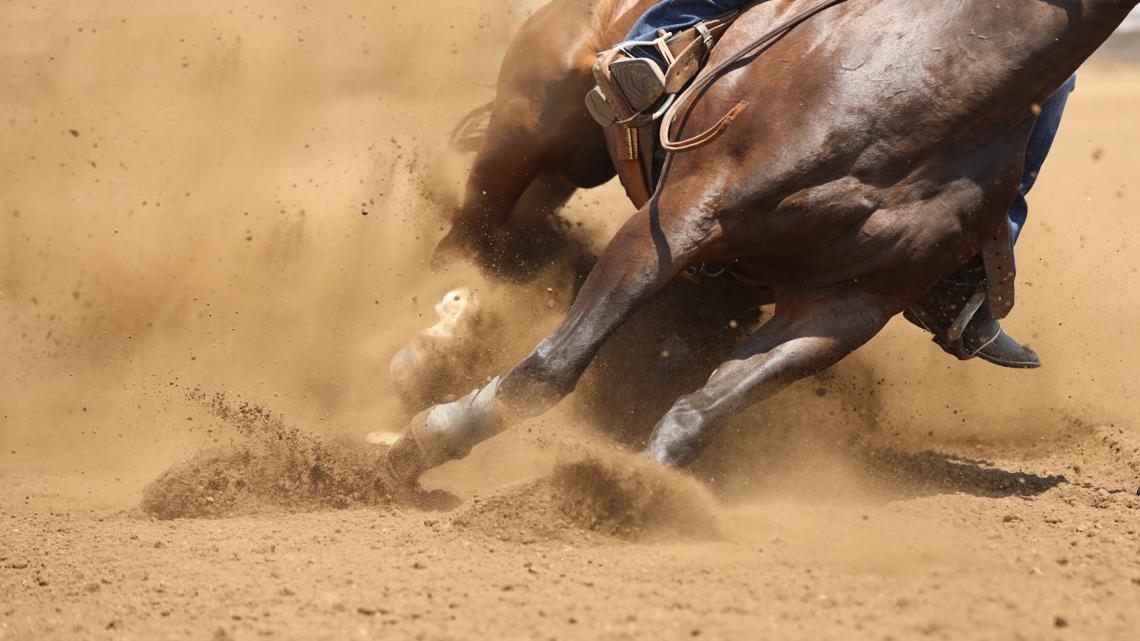
Rodeo officials cited EHV-1 cases at other events. A Uvalde veterinary clinic is urging horse owners to watch for symptoms after recent travel.
SAN ANTONIO — The San Antonio Stock Show & Rodeo has canceled the remainder of a qualifier event in Uvalde over concerns about a virus recently detected in horses at other competitions, officials announced Tuesday evening.
In a statement shared on Facebook, rodeo officials said the decision was made out of caution amid reports of equine herpesvirus type 1, or EHV-1, appearing at unrelated events.
“The safety and well-being of our animal athletes is our top priority, and the recent EHV-1 announcement from other events has led us to cancel the rodeo qualifier,” the post said.
The development comes after Texas agriculture officials warned about an EHV-1 outbreak linked to the World Championship Barrel Racing Finals in Waco earlier this month. The state issued a public alert asking anyone who attended, transported horses to, or was near the event to act quickly and take precautions.
“This virus can spread fast, it can be deadly, and the earliest signs are often so subtle they’re easy to miss,” Texas Agriculture Commissioner Sid Miller said in a statement. “That’s why monitoring your horses right now is critical.”
The qualifier began Monday and was slated to run through Saturday at the Uvalde County Fairplex. The San Antonio Rodeo website said tickets purchased for the event would be “fully refunded automatically to the original form of payment.”
Despite the cancellation, the Southwest Texas Veterinary Medical Center in Uvalde said there have been no suspected or confirmed EHV-1 cases in the county as of Wednesday morning. The clinic is advising horse owners to monitor their animals for symptoms, especially if they have recently traveled with them.
About the virus
According to the U.S. Department of Agriculture, EHV-1 can cause respiratory illness, neurological symptoms and, in severe cases, death. EHV is a family of nine known viruses found in horses worldwide, of which EHV-1, EHV-3 and EHV-4 “pose the highest risk to U.S. horses.”
The department said fever, difficulty urinating, cough, depression, head tilt, loss of tail tone, stumbling and abortion in pregnant mares could indicate a horse is suffering from EHV. It’s typically spread from “nose-to-nose contact,” contaminated equipment and “respiratory secretions within stables.”
Experts recommend vaccinating horses to prevent EHV, as well as isolating new horses or horses returning to stables after an event for at least three weeks.
The virus doesn’t affect people.
